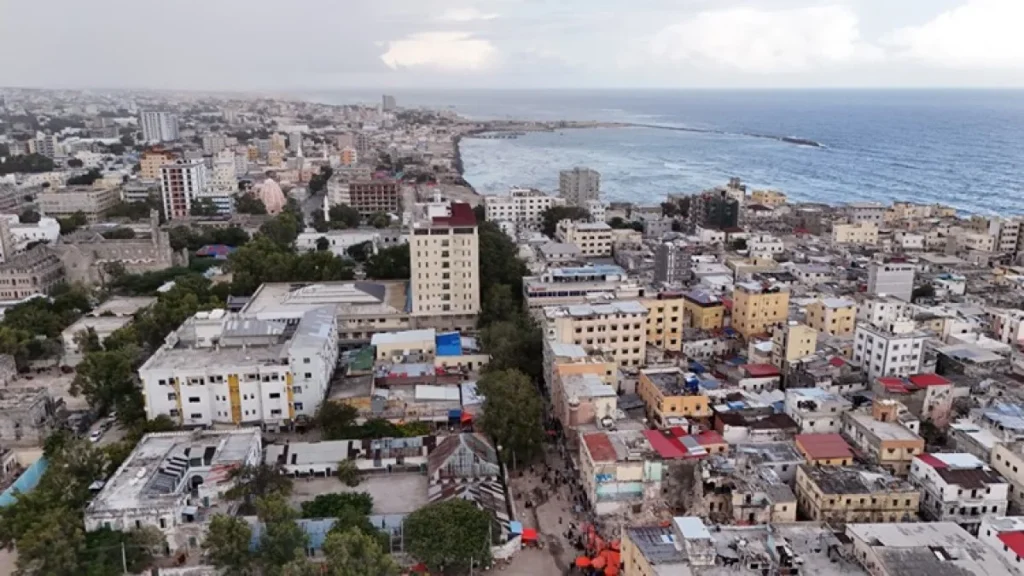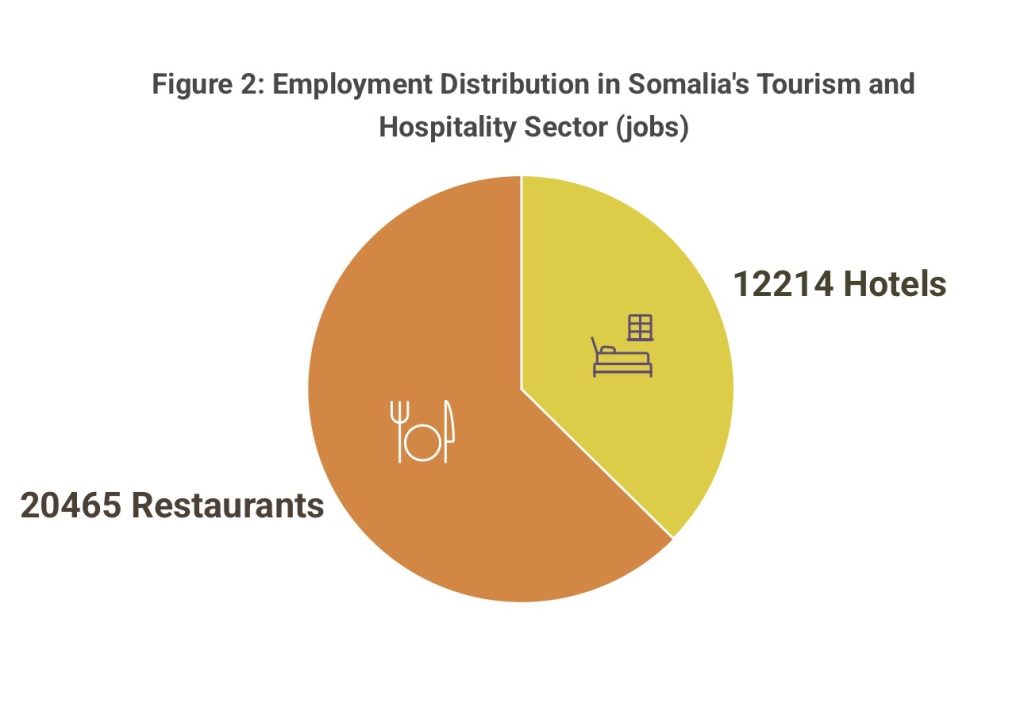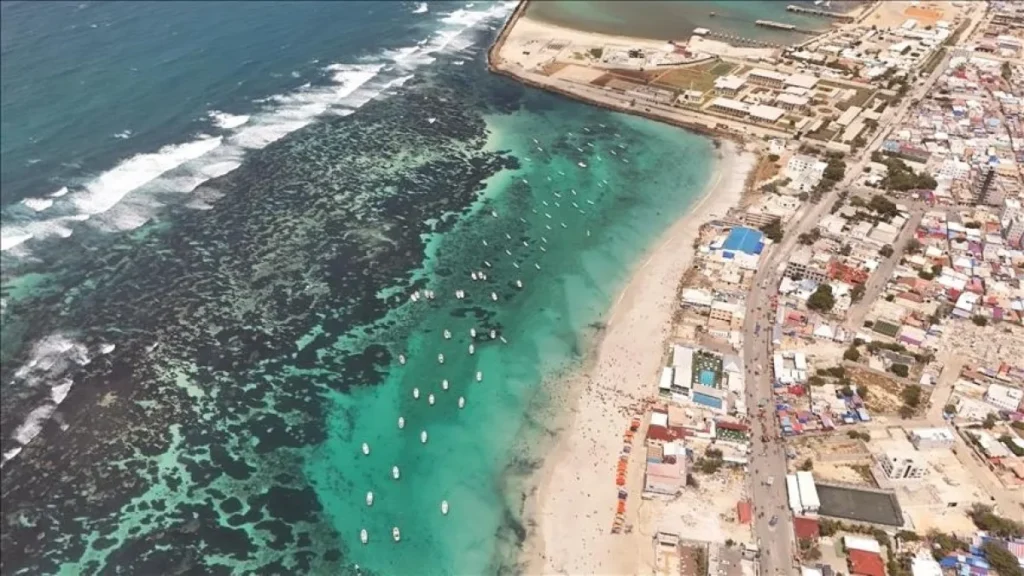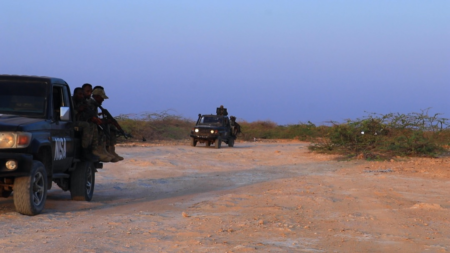After decades of disruption, the government’s confident steps will revive Somalia tourism industry and reintroduce it to the world.
Once known for its breathtaking coastlines, vibrant cultural heritage, and ancient landmarks, the country is gradually restoring what was lost during years of conflict.
From the golden shores of Lag Badana to the historical neighborhoods of Mogadishu, Somalia’s tourism revival reflects both resilience and renewal.
Reclaiming a Proud Tourism Legacy
Before the civil war, Somalia attracted thousands of visitors each year who came to experience its unique blend of natural beauty and culture.
Tourists explored the Daalo escarpments, admired the prehistoric rock art at Laas Gaal, and relaxed along Eyl’s pristine beaches.
Mogadishu was a thriving destination, home to museums, Sufi shrines, and the lively Hamar-Weyne district. Although years of instability halted this momentum, Somalia’s deep-rooted hospitality and cultural pride endured.
Families, elders, and local communities preserved the country’s traditions, art, and cuisine — keeping its heritage alive for future generations.

Strengthening Security and Encouraging Investment
In recent years, Somalia has achieved significant security progress.
Especially across regions once controlled by extremist groups.
These improvements have reopened vital routes, restored domestic travel, and reignited investor confidence.
The newfound stability has encouraged the Somali diaspora and local entrepreneurs to invest in tourism-related ventures.
Such as boutique hotels, resorts, restaurants, and travel services in major cities like Mogadishu, Garowe, Hargeisa, and Baidoa.
Global Investments in Somalia Tourism Industry
Global investors are also taking notice.
The newly opened five-star Mogadishu Rotana are clear signs that Somalia’s hospitality sector is expanding and attracting international attention.
A Modern Policy for Somalia Tourism Industry
To ensure Somalia tourism industry sustainable growth, Somalia’s Ministry of Information, Culture, and Tourism is revising the National Tourism Policy.
So the policy can align with East African Community (EAC) standards and the country’s long-term development goals.
The Ministry is also drafting a new National Tourism and Hospitality Strategy focused on quality, service standards, and workforce training.

How is Somalia Tourism Policy Developed?
This policy is being developed through an inclusive approach that brings together government agencies, the private sector, civil society, and the Somali diaspora.
It aims to enhance the visitor experience while protecting Somalia’s natural and cultural assets — from national parks and wildlife reserves to heritage sites and coastal attractions.
Integration with Regional and Global Tourism Networks
Somalia’s admission to the East African Community marks a major milestone for its tourism revival.
Joining the EAC opens doors for cross-border travel, shared marketing campaigns, and standardized training programs that align Somalia’s hospitality sector with regional benchmarks.
At the international level, Somalia has been a member of the United Nations World Tourism Organization (UNWTO) since 2017 — a move that strengthens global cooperation and visibility.
These partnerships are helping Somalia attract more visitors, investors, and sustainable tourism projects that contribute to regional stability and growth.
Investing in Infrastructure and Human Capital
Somalia tourism industry development is also supported by major infrastructure upgrades under the National Transformation Plan.
Key priorities include improving road access to historical and natural sites, expanding domestic air routes, and enhancing regional airport facilities.
In collaboration with the Somalia National Bureau of Statistics and the Immigration Office, the Ministry of Information, Culture, and Tourism is building a data-driven tourism system to track visitor flows, assess GDP contribution, and guide policy decisions.
Over 32,000 Jobs Are Created by Somalia Tourism Industry

According to the Priority Sector Investment Report (2023), Somalia tourism and hospitality industry already supports over 32,000 jobs nationwide.
Including 12,000 in hotels and 20,000 in restaurants.
This demonstrates the sector’s powerful role in creating employment and empowering Somali youth.
Rebranding Somalia on the Global Stage
Somalia tourism industry revival is more than an economic initiative — it’s a rebranding of the nation’s image.
Through its scenic landscapes, cultural heritage, and welcoming people, Somalia is reshaping how the world sees it.
The country’s commitment to sustainable tourism, inclusion, and innovation positions it as an emerging travel destination in the Horn of Africa.
By showcasing its beauty and resilience, Somalia is turning challenges into opportunities.
Writing a new chapter of growth, pride, and hope for generations to come.
Source: SONNA








